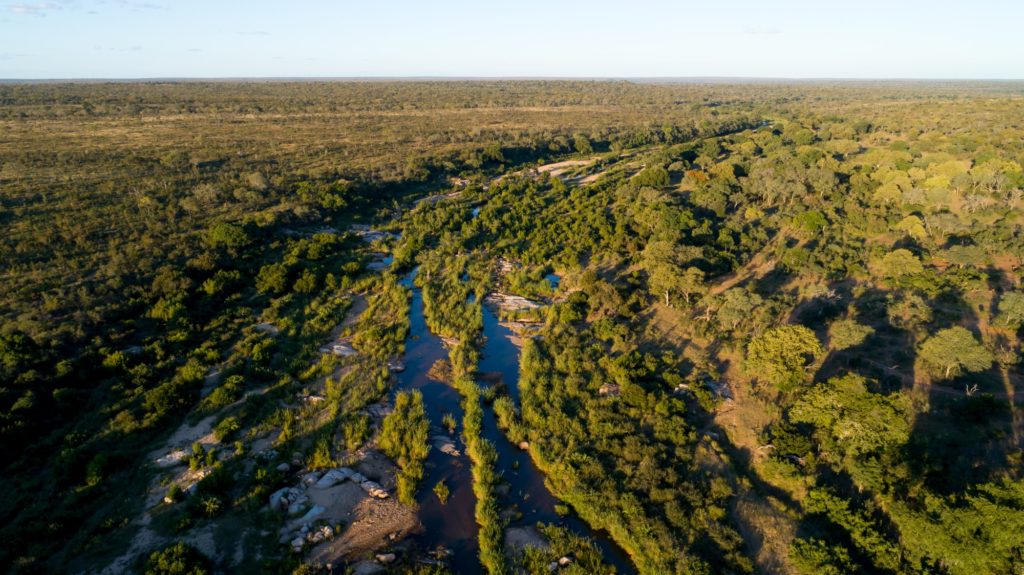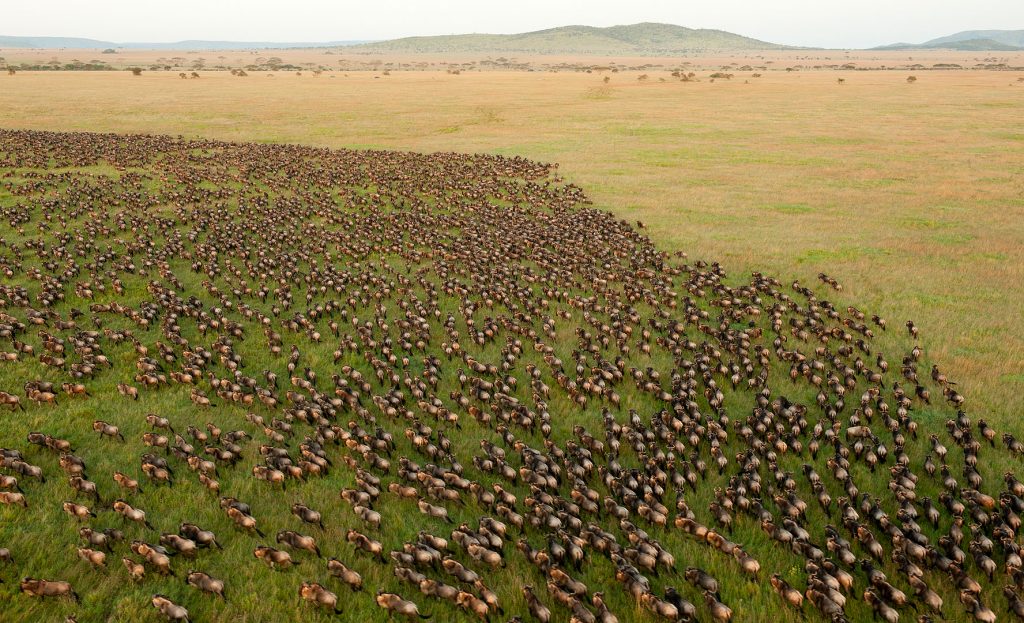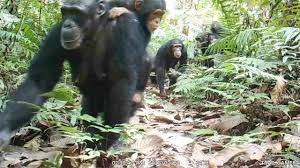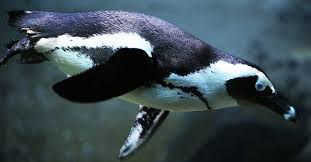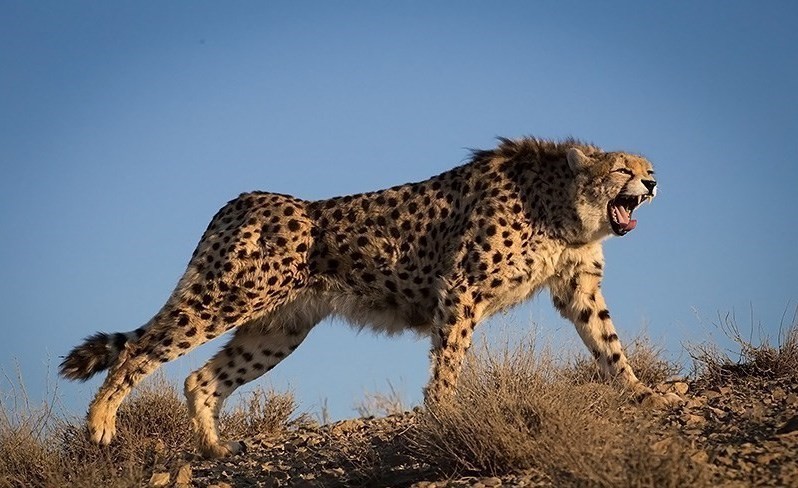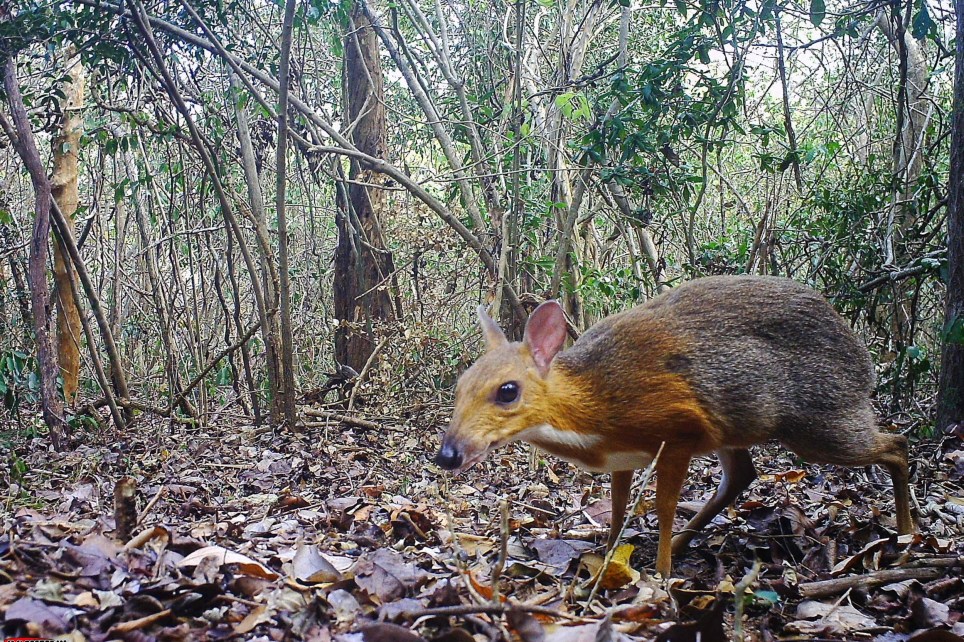I have written on the situation with the British governments attempt to put in an outright ban on trophies from hunting being imported into the UK (though bizarrely they continue to support hunting in the UK).
I strongly disagree with this situation.
While the idea of hunting is relatively repugnant, and I far prefer the excitement of walking in the presence of these animals, but then leaving with them continuing to get on with their lives. I should add in this vein, that during my families trip to the Kruger later this year, I will be going on a 3 day 2 night wilderness trail. This will mean my going to a very small remote camp, and then walking for the 3 days – the likelihood of close encounters with many animals is relatively high.
Anyway, this group of conservationists have just written to the government to get them to reconsider their position.
There are many activities that should be banned outright. Canned lion (or any other animal) hunts should cease to exist. Going into a relatively small area, to kill an animal that in many cases has not been living wild for more than 6 months is not what I call brave, but I would say its disgusting. Another behaviour I dislike, is where a hunting outfit buys a small area on the side of a reserve, then as animals walk out of the reserve onto this hunting area they can be shot. Hunting outfits, should only be able to hunt animals which can fit on their land.
One prime example is the Selous: the largest hunting reserve in the world. Here, they protect an area of land large enough to have a lion population of 5000 or so Lions. From this they kill perhaps 50 out of the estimated population (about 1%) of course this relies on their estimate being accurate. Brink et all (2012) estimated the lion population was about 4300, with the range from 1900 up to 6900. though they admit this was extrapolated from a survey of only 1%. Other surveys have put the number between475 (absolute lower bound) up to 4953. This means that even with hunters wanting to kill the big adult males (deaths of pride leading males almost always lead to deaths as a new male tries to take over, firstly all young cubs are likely to be killed so the new male can sire his own offspring, and then often several mothers who try to defend their cub – 1 male killed might lead to 5-10 deaths as a result).
Never-the-less the Selous does not look like its lions are in danger of extinction. A different place to look at is the WAP complex. This includes 10200 square miles spread out across an area of Burkina Faso, Niger, and Benin. It includes 5 national parks and 14 hunting reserves. Given the lion population is 400 here, and the west lion (recently found to be the same subspecies as the indian lion) is so endangered, having a healthy take here is far harder. It is hard to find sensible numbers on hinting here, but a take of more than 4 per year would be very foolish.
In conclusion, while I would prefer that no one in the world ever went hunting animals for sport (generally all the meat is given to local communities, though this is not the reason for the hunt) there are some places which are so hard to reach or infested with unpleasant parasites (the Selous has an insect that carries something called sleeping sickness), I will accept it with clear documentation from places that can support it. This is because often a hunt will bring in so much money for local communities. However (and this is a big proviso) I believe that there are very few places where this is truly the case: The Selous is one, there are probably areas within the KAZA park that are similarly alright. Similarly in Europe, while I would never wish to hunt a wolf myself, the Sierra de culebra has provided a refuge where the wolf would not be exterminated – specifically because a handful of wolves were killed each year. This new rule that the government is bringing in is too simple, it does not take into account the unique situation in each country. My suggestion would be that each hunting organiser needs to get their hunt approved- perhaps some sort of hunting body, but for now in the UK the government would have to employ someone. That person would have to analyse the whole hunt plan, check that the area has a viable population of the animal in question and any other details. This would enforce far higher standards, so that we could be sure when the wealthy go to hunt that they arent going to create the extinction of a species.

